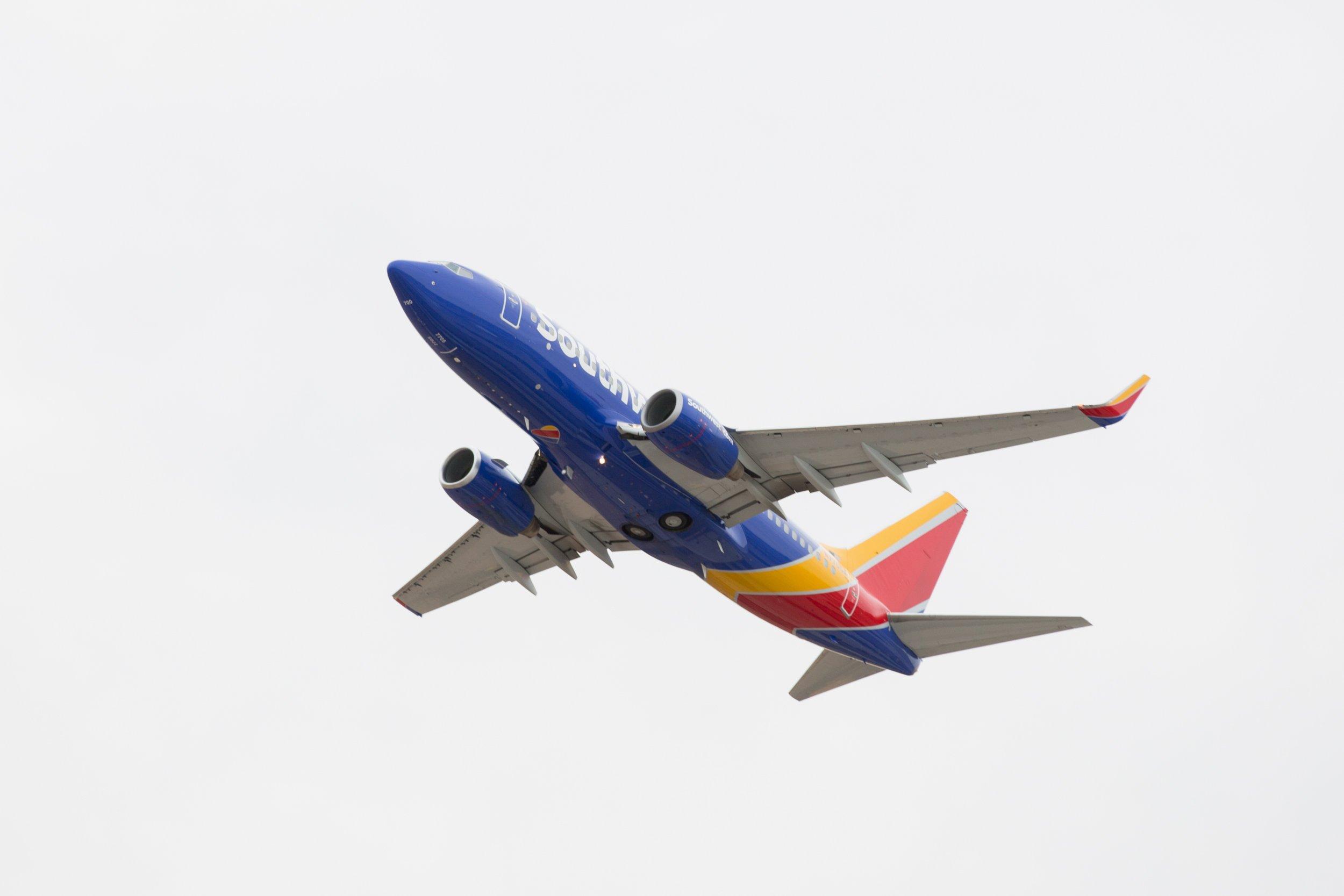
EasyJet, Ryanair and Southwest are the only three airlines that retain investment-grade ratings from S&P Global Ratings, after the credit rating agency downgraded a host of carriers and slowed the pace of its air travel recovery forecast.
A team of S&P analysts said in a report published Aug. 12 that the three airlines kept their superior ratings because they are all low-cost operators with “robust liquidity” and greater relative exposure to healthier short-haul and leisure markets.
Prior to the pandemic, roughly a third of S&P’s global airline portfolio held a speculative-grade rating of B+ or lower, but that amount has since ballooned to two-thirds of the total. The rating agency continues to review its airline portfolio, and cited cost reductions, fleet right-sizing and liquidity preservation as among the key measures it looks for to evaluate a carrier’s future viability.
“The more negative global traffic outlook increases pressure on all airlines’ credit quality, and ratings are likely to remain under pressure until a vaccine or effective treatment is widely available, or until airlines find a more widely accepted way to operate under a ‘new normal,’” the analysts wrote.
S&P recently slowed its forecast for a global recovery in air travel demand, and now sees passenger traffic declining by 60-70% in 2020 from the prior year, compared to earlier estimates of dropping 50-55%. By 2023, the rating agency predicts global passenger demand will be 10-15% lower than 2019 levels, compared to previous estimates of being down 5-10%.
Built into that forecast is an assumption that long-haul international traffic will take longer than short-haul and domestic to recover, given more severe border restrictions and a weakening global macroeconomic backdrop. These conditions will make flying long distances and crossing borders impractical or unaffordable for many.
The firm also noted that corporate travel “has not yet shown signs of recovery,” and expects adoption of remote working and virtual meetings—in combination with corporate cost-cutting—to have a “lingering impact” on the sector’s ability to recover. These factors could greatly harm legacy airlines that depend on lucrative corporate customers for a large portion of their total revenues.
“Airlines that rely heavily on intercontinental business traffic are likely to face greater headwinds than those that mostly serve domestic leisure passengers, which should see earlier and more substantial improvements,” the S&P analysts wrote.





